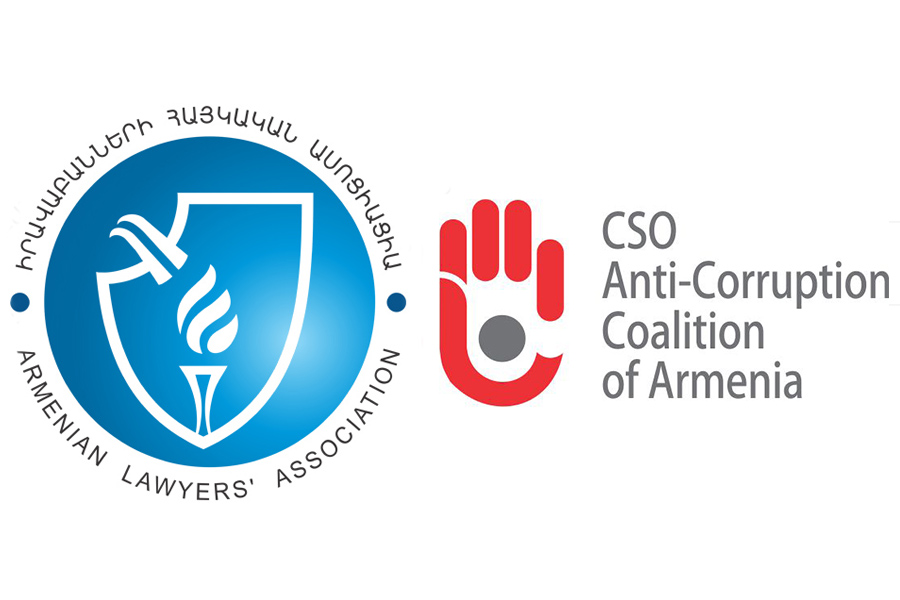
An Expert Discussion on the Institutional Model of the Anti-Corruption Body was organized on the initiative of Transparency International Anti-Corruption Center on 12 March. Armenian MPs, representatives of the RA government, law enforcement bodies and NGOs as well as independent experts were invited to the discussion, including the CSO Anti-Corruption Coalition of Armenian represented by the Chairman of the Governing Council Arkadi Sahakyan, Board Member Gevorg Grigoryan, Experts Mariam Zadoyan, Artyom Mesropyan and Narek Yenokyan and the “Armenian Lawyers’ Association” NGO, represented by the President Karen Zadoyan and Board members Marat Atovmyan and Susanna Soghomonyan.
Visiting experts of the Organization for Economic Co-operation and Development (OECD) Anticorruption Network (ACN) Valz Kalinish and Ruslan Ryaboshabka presented reports on the strengths and weaknesses of the two models of anti-corruption bodies and possible risks in the light of international experience. Accordingly, the two main models of independent anti-corruption bodies are: the universal anti-corruption body, which implements the anti-corruption law enforcement, preventive and anti-corruption education functions; and the implementation of anti-corruption functions by separate law enforcement and preventive bodies.
Experts noted that Armenia, taking into account a number of peculiarities, should decide on the adoption of the model of the anti-corruption body on its own and that they do not give preference to any model for application in the Republic of Armenia. Nevertheless, their reports pointed out that the anti-corruption struggle in the country shows tangible success in the effective functioning of the universal model of the anti-corruption body. In this regard, Mr. Karen Zadoyan the President of the Armenian Lawyers’ Association noted that years ago the OECD expert Valz Kalinish offered Armenia the universal model of an independent anti-corruption body, in that respect, advising the Armenian government to study the successful experience of The Independent Commission Against Corruption of Hong Kong. In addition, both, the representatives of the Armenian Lawyers’ Association and the CSO Anti-Corruption Coalition of Armenia referred to the question that in the case of having an anti-corruption universal body with the status of “independent body”, the anti-corruption struggle is carried out independently from the will of the ruling political force, in contrast to the constitutionally provided status of “autonomous body”.
CSOs Anti-Corruption Coalition of Armenia, represented by the Chairman of Governing Council Arkady Sahakyan, underlined that the coalition prefers the universal model of independent anti-corruption body, which is provided in its strategic paper. The Coalition Experts expressed concern that although recently the issue of choosing the anti-corruption model Ukraine in the Republic of Armenia (that is, two separate anti-corruption bodies) has been announced by different channels, however the study of Ukraine’s anti-corruption experience proves that the preventive body only registered failures since its establishment. In addition there is unhealthy competition between the anti-corruption law enforcement body and the prosecutor’s office and impeding to each other’s work which shadow the certain successes of the latter.
At the end of the meeting, the participants reached an agreement to discuss issues relating to the independence, guarantees of effectiveness and issues related to the implementation of functions and then to transfer to the issue of choosing the model.
